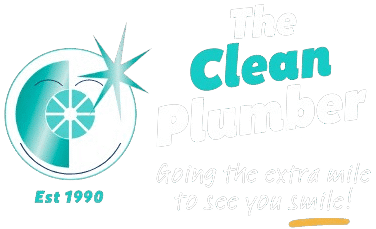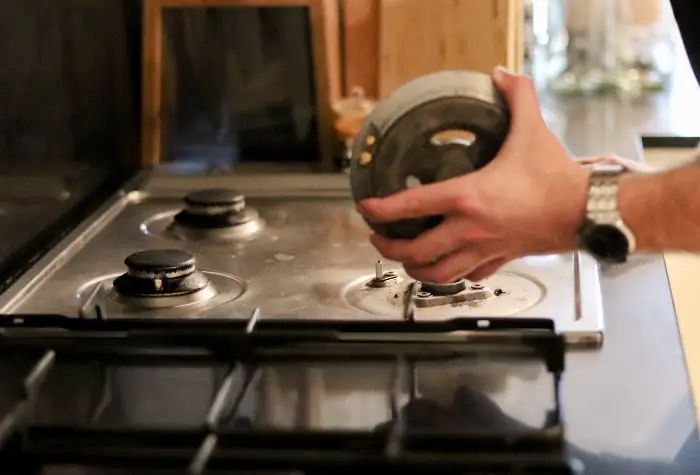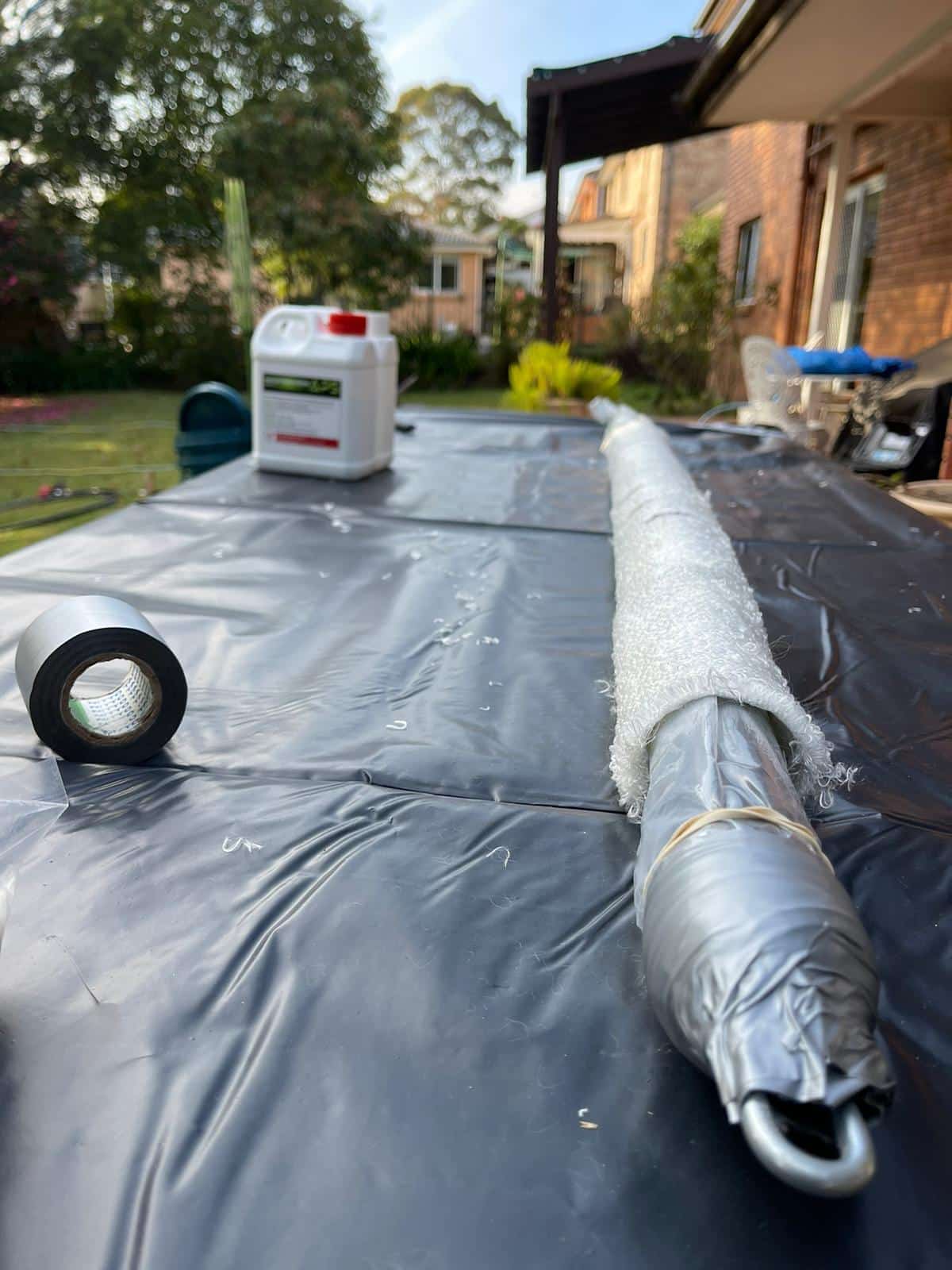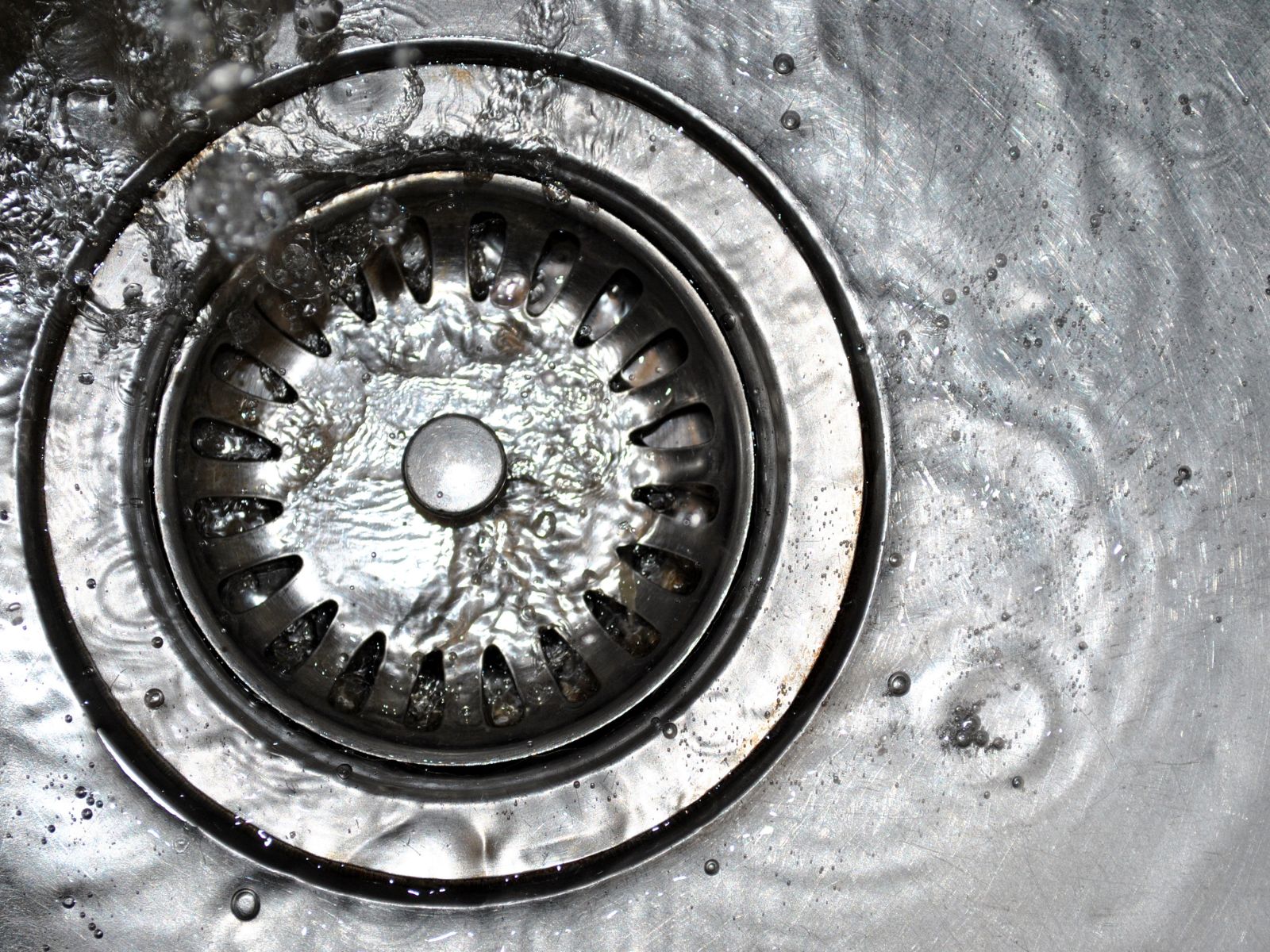When it comes to gas appliances in Australia, the terms Type A and Type B come up often—especially if you’re handling installations, servicing, or replacements, all of which require a gas work license . But what exactly qualifies as a Type A gas appliance, and how does it differ from the more complex gas installation work of type b gas appliances under the Gas Safety Act, particularly in commercial or industrial settings?
Whether you’re a homeowner, tradie, tenant, or commercial business owner, understanding these classifications is crucial—not just for compliance and to comply with regulations , but also for maintenance, safety, efficiency, and peace of mind.
This comprehensive guide takes a closer look at what defines a Type A gas appliance, how it compares to Type B, the legal and safety requirements around gas installation, and practical tips for choosing, maintaining, and upgrading your gas devices.
What Is a Type A Gas Appliance?
In simple terms, Type A gas appliances are those you’ll commonly find in residential homes and small businesses, while type b gas appliances are used in more complex setting . They’re mass-produced gas devices type , come with manufacturer specifications, and are generally intended for domestic or light commercial use. These appliances type are typically factory-made and tested to meet standardized safety and performance criteria before entering the Australian market.
Examples of Type A Appliances Include:
- Gas cooktops, ovens, and stoves
- Room heaters and gas fireplaces
- Hot water systems (instantaneous and storage units)
- Outdoor BBQs and patio heaters connected to natural gas
- Gas clothes dryers (less common, but still used in some homes)
If it’s in your kitchen, laundry, bathroom, or backyard and runs on gas—it’s almost certainly a Type A appliance, such as cookers .
Type A vs. Type B: What’s the Difference?
The key differences lie in scale, complexity, and application:
- Type A appliances are standardized consumer-grade products designed for everyday use. They’re easier to install and don’t require engineering input for commissioning.
- Type B appliances, on the other hand, are typically large, custom-built or high-capacity systems used in industrial and commercial settings—such as gas turbines, industrial ovens, or large boilers. These require individual certification, specialized installation, and ongoing supervision by qualified engineers or Type B gas technicians.
In short:
If you’re managing a home, a café, a retail shop, or a small office—you’re working with Type A. If you’re overseeing a factory or processing plant, you’re dealing with Type B.
Where You’ll Find Type A Appliances in Australia
Type A gas appliances and catering equipment re virtually everywhere in Australian life—from coastal homes in New South Wales to snowy retreats in Victoria. Some common settings include:
- Kitchens – cooktops, wall ovens, upright stoves
- Bathrooms – gas hot water systems
- Living Rooms – space heaters, flued and unflued fireplaces
- Outdoor Spaces – BBQ grills, patio heaters
- Laundry Areas – gas dryers (mostly in older homes or energy-conscious households)
These appliances, including central heaters, are popular for their energy efficiency, reliability, and ability to deliver quick heat while minimizing gas consumption, making them suitable for various leisure appliances. —especially in colder regions like the ACT or Tasmania.
Installation and Certification: What You Must Know
Under Australian gas safety regulations, only licensed gas fitters can install, test, and certify Type A gas appliances, as a certification scheme exists to ensure safety . DIY gas work isn’t just illegal—it’s dangerous, especially when it comes to gas installation and when you attempt to service appliances yourself .
Each Australian state and territory has a designated regulatory body:
- NSW – Fair Trading NSW
- QLD – Petroleum and Gas Inspectorate
- VIC – Energy Safe Victoria
- WA – Building and Energy (Department of Mines, Industry Regulation and Safety)
- SA – Consumer and Business Services
- TAS, NT, ACT – Equivalent local gas authorities
After installation, gas fitters must provide a Certificate of Compliance (COC) or similar legal document that confirms the work meets all safety, performance standards, and regulatory requirements, as well as being approved by local authoritie .
Why Certification and Approval Matter
Before a Type A appliance can be sold, installed, or legally used in Australia, it must be formally certified through an approved scheme, and display an approval badge. and might require special certification —such as the AGA Certification Scheme or SAI Global.
Certification ensures that:
- The appliance meets strict safety requirements
- It performs reliably under Australian conditions
- It won’t pose a risk of gas leaks, explosions, or carbon monoxide poisoning
Installing a non-certified appliance can lead to:
- Fines or penalties
- Voided manufacturer warranties
- Rejection of insurance claims
- Serious risks to your health and safety
Pro tip: Always check for a compliance label or ask your gas fitter for proof of certification before installation.
Who Can Install and Service Type A Gas Appliances?
Only qualified, licensed gas fitters from a reputable company are legally allowed to handle the installation, servicing, or disconnection of gas appliances in Australia.
These professionals are trained in:
- Appliance suitability assessments
- Leak testing and pressure checks
- Commissioning and performance testing
- Compliance with AS/NZS 5601 (the Australian Standard for gas installations)
Before hiring someone, check their license status via your local regulator’s online database.
Gas Appliance Safety Tips for Every Home or Business
A few simple precautions go a long way in ensuring gas safety:
- Ensure Proper Ventilation – especially in confined spaces with heaters or cooktops
- Stick to Regular Servicing – every 1–2 years or as per manufacturer instructions
- Trust Your Nose – if you smell gas, turn off the supply and call a professional immediately
- Check the Flame – a steady blue flame is normal; yellow or flickering flames may indicate a fault
- Install CO Detectors – particularly near indoor heaters or in bedrooms for added protection
When to Replace or Upgrade Your Type A Appliance
Even the most reliable appliance has an expiration date. Here’s when it might be time to upgrade:
- Reduced heating performance or inconsistent operation
- Obsolete models that don’t meet current efficiency standards
- Difficulty sourcing spare parts or repairs
- Failed safety inspections or recurring service issues
- Age: most gas appliances should be replaced after 10–15 years
Modern appliances often come with enhanced safety features, smart controls, and improved gas efficiency—saving you money on energy bills and reducing your carbon footprint.
Frequently Asked Questions (FAQs)
Q: What is a Type A gas appliance?
A: A gas-powered product commonly found in homes or small businesses—like cooktops, water heaters, and space heaters—that is mass-produced and certified for standard use.
Q: What’s the difference between Type A and Type B?
A: Type A appliances are standard and domestic; Type B appliances are larger, custom-built systems used in industrial or large commercial settings.
Q: Can I install a Type A appliance myself?
A: No. Only licensed gas fitters with gas work authorisation, or a qualified person, can legally install or service any gas appliances in Australia.
Q: What happens if I use an uncertified gas appliance?
A: You risk gas leaks, explosions, legal trouble, and voided insurance claims.
Q: Who regulates gas appliances?
A: Each state has its own gas safety authority, but all adhere to national standards and guidelines set by organisations like the Australian Gas Association (AGA).
Final Thoughts: Safety First, Always
Whether you’re upgrading a hot water system, installing a new cooktop, or planning a home renovation, it’s essential to know whether the appliance is classified as Type A and to identify any potential hazards, including its maximum size and ensure regular maintenance, especially in compliance with energy safe victoria, and to follow all applicable safety regulations. Don’t gamble with gas—use only certified appliances and hire licensed professionals with a gas work license for every job.
Staying compliant doesn’t just mean ticking boxes—it means protecting your family, staff, and property from preventable hazards.
Extra Insight: Future-Proofing Your Property with Smart Gas Choices
As Australia moves toward greater sustainability, energy-efficient and low-emission gas appliances, regulated by the gas technical regulator, are becoming the new norm, especially as technologies developed for efficiency advance . Look for star-rated products, smart-connected controls, and hybrid solutions that combine gas with solar or electric systems. These upgrades not only reduce your environmental impact but also add value to your property, making them a wise investment for the future.





